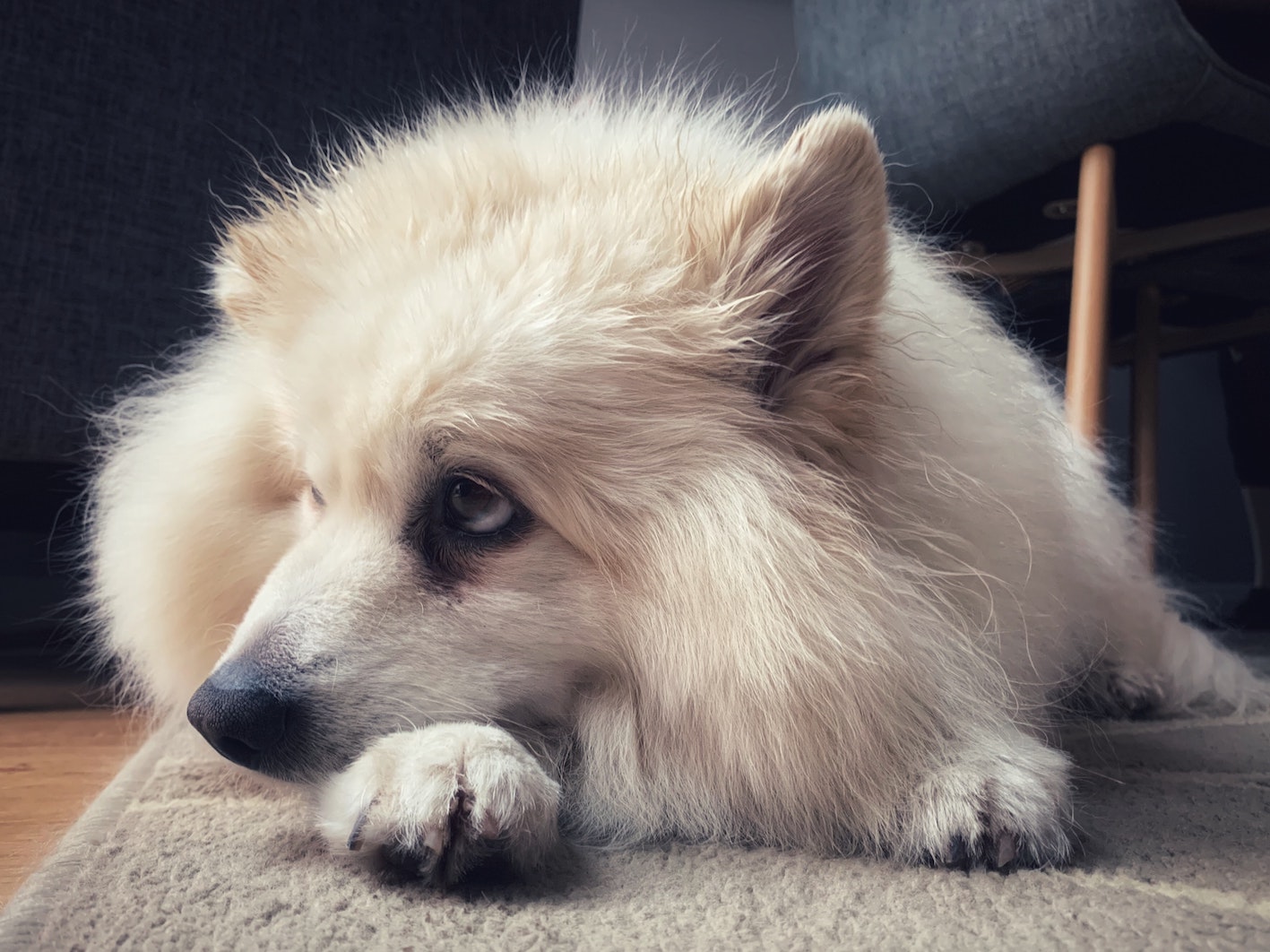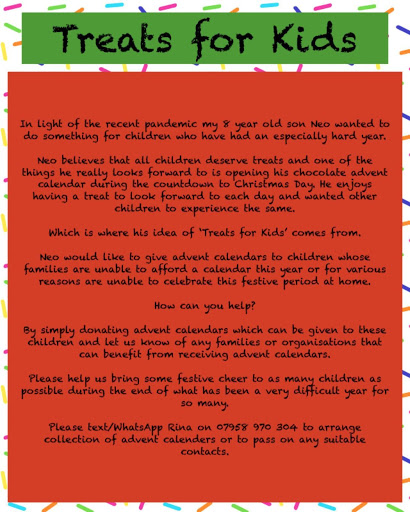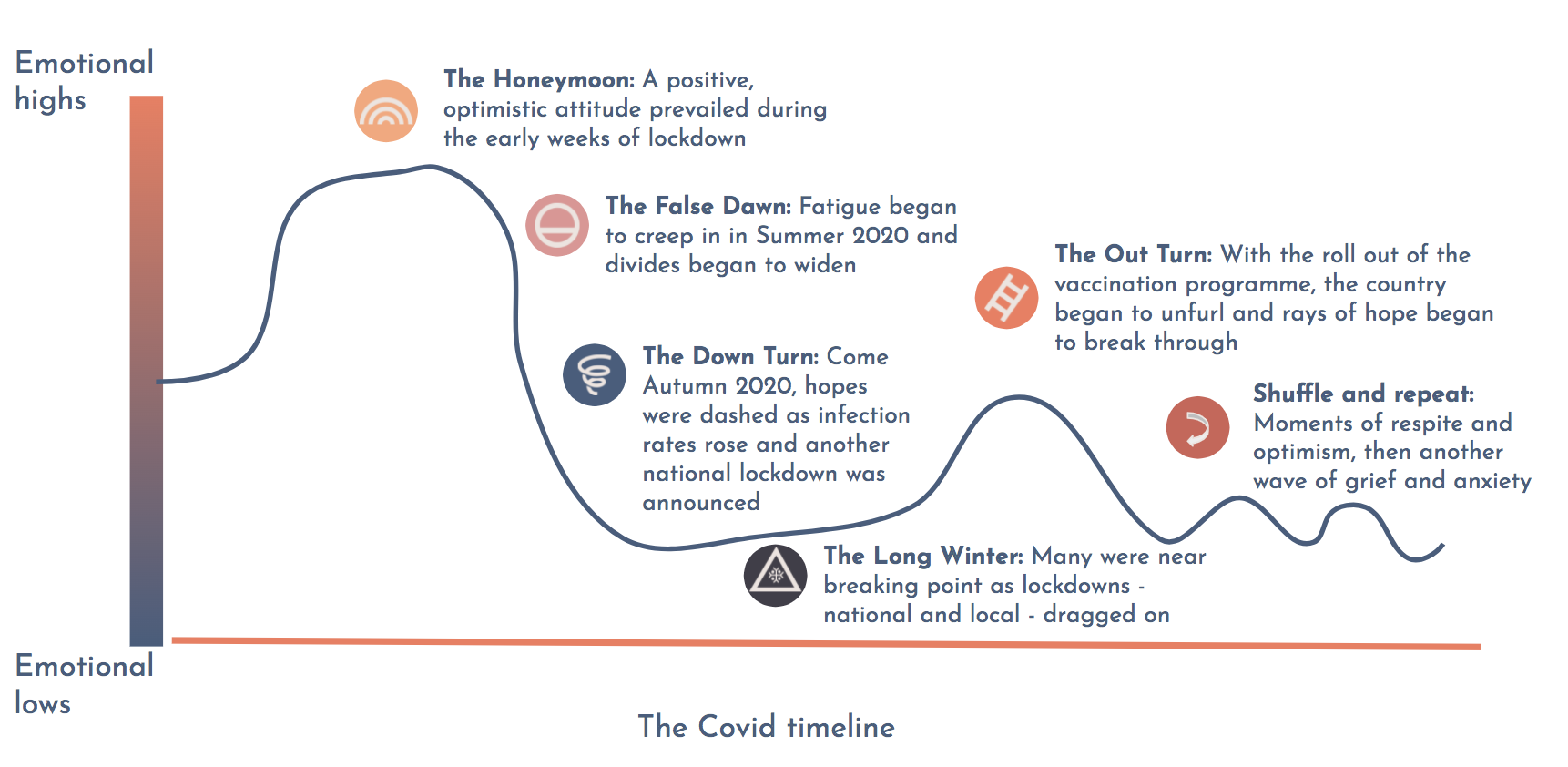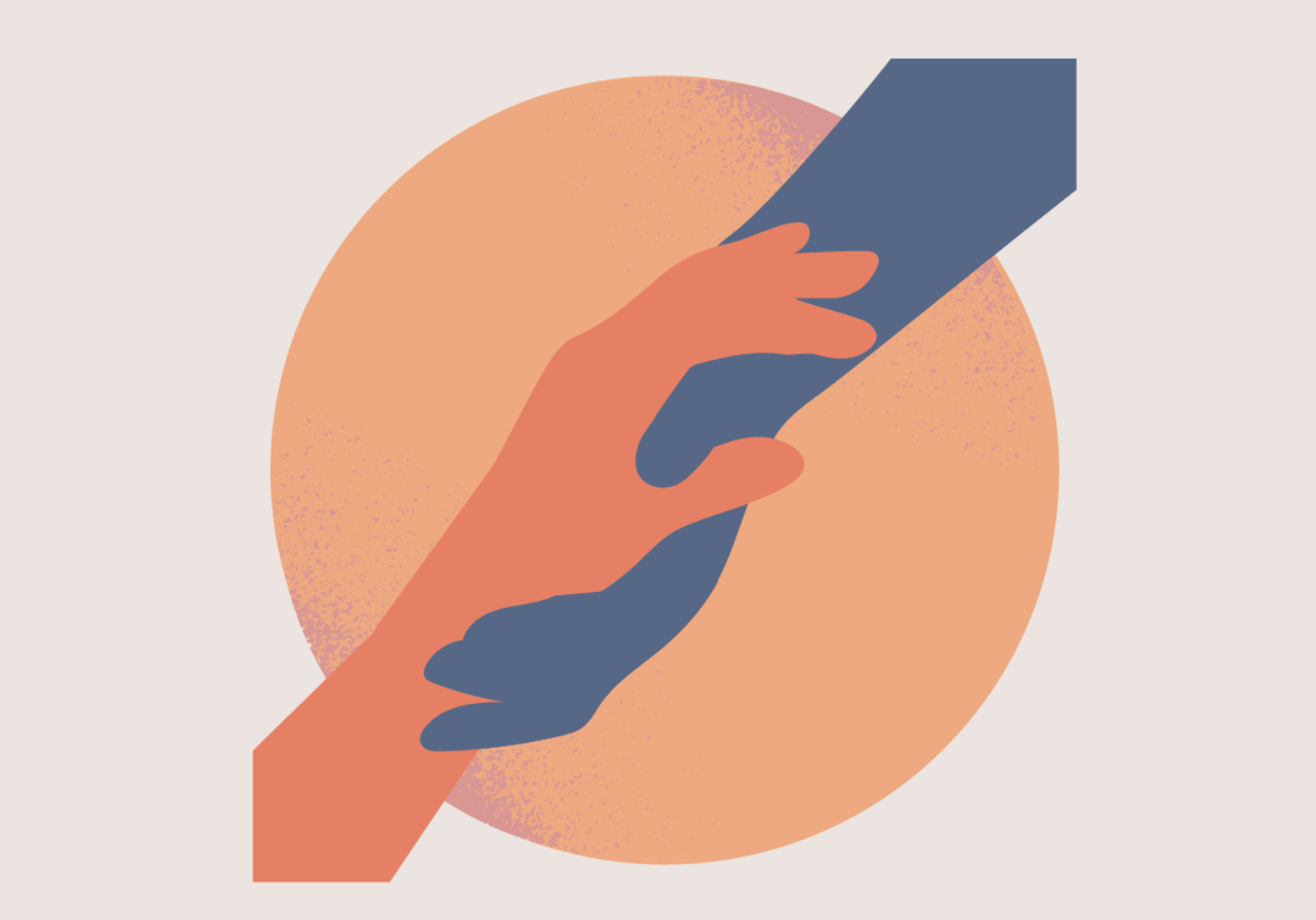In this, our twelfth Observatory Sighting, we share stories of ‘pissedoffness’ and explore some of the differences between this lockdown and the last one.

We noted this growing sense of disillusionment and conspiracy in our last Sighting. Recent research sustains the observation. Hope Not Hate for instance have reported that 17% in the UK believe the virus was “intentionally released as part of a depopulation plan”. It is wrong, however, to imagine that this distrust and suspicion is all a consequence of Covid. The pandemic entered our national life at a time when the country had already been divided by Brexit and a prolonged period of austerity. 70% trusted others in their neighbourhood in 2012. This was down to 56% by the start of 2020. Covid briefly arrested, may even have temporarily reversed, the trends but it will take a more sustained effort to heal the deepest divisions.
We notice a widespread feeling that this national lockdown is different from the last one.
And on a lighter note…
Finally too much of the rest of this Sighting has been about pissedoffness. We end with the inspiration of an 8 year old.

Thanks to this week’s contributors
The Observatory is a voluntary collaboration led by the Relationships Project. We are dependent on the eyes and ears of our observers and partner organisations and we need more.
The voices heard this week include Avril McIntyre, Noreen Blanluet, Jane Williams, Daria Cybulska and Hannah Hoare.
Read more

Where are we now?
In brief In this milestone blog David Robinson takes the temperature as we approach the second anniversary of Covid 19. The UK is stuck in a pattern of “shuffle and repeat” with fears for the future, but also the possibility of hope.The past two years have caused...

Sustaining and evolving the best of Mutual Aid
In brief In this blog, David explores the possibilities for Mutual Aid 2.0 and shares our plans for a peer sharing group for anyone interested in the question of how we nurture and sustain community activity into the future. A year ago, You Gov research, undertaken...

Trackbacks/Pingbacks